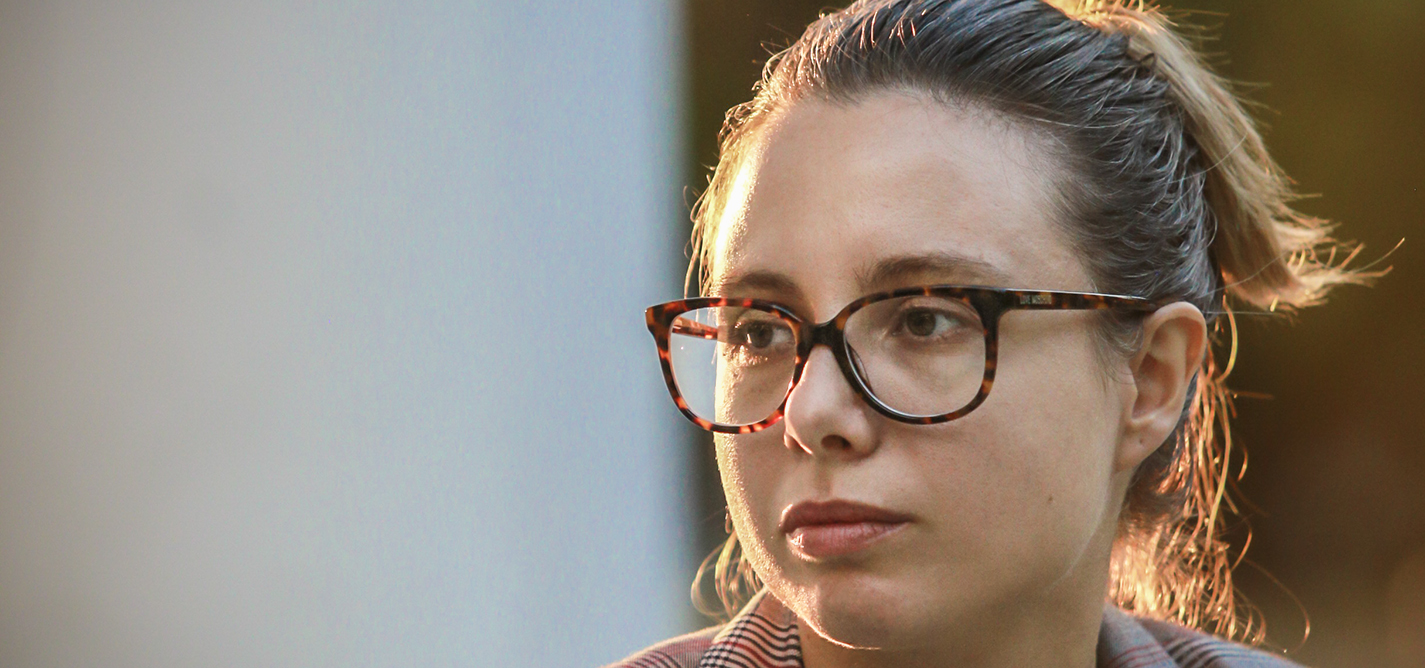
Ana Vasileva: “The region has a long tradition of feminism which has been forgotten.”
TALKING BALKAN FEMINISM (PART 6) — Activist speaks about feminist initiatives in Macedonia and the anticapitalist roots of Balkan feminism.
"When we create a culture of women accepting their position as being deserved, they will be able to raise their voice."
"The only time the maternity wards get attention is when we have cases of newborns or childbearing women dying, but the conditions are awful."

Vlora Rechica
Vlora Rechica is a political scientist, researcher, and activist. Right now she is working with a group of enthusiasts from Macedonia to empower and mentor women across the country through the Stella Network.
This story was originally written in English.